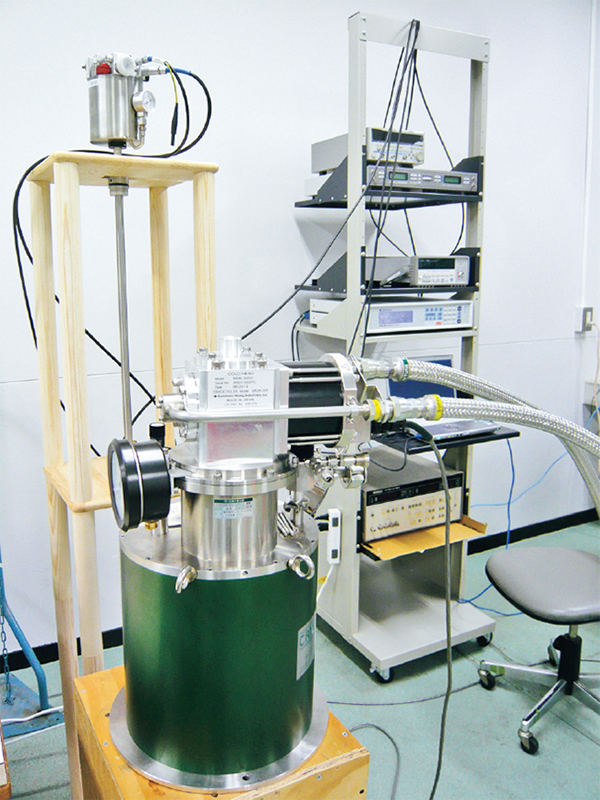
Physics in Multiple Extreme Conditions Laboratory
Unraveling how magnets and superconductivity work in extreme environments
Interaction between electrons in solids cause curious physical phenomena such as superconductivity and magnetic ordering. Applying pressure is one of the effective way to tune the lattice constant and the interaction between electrons, thus varying the physical properties of materials. Our group investigates the change in the electronic properties under extreme conditions, such as high pressure, low temperature and strong magnetic field using magnetics and transport measurements.

- Faculty Name
- ISHII, Yasuyuki
- Keyword
- Material science,Magnetic materials,Superconductivity
- Laboratory location
- No.3 Building OMIYA Campus 2F 3202-2
This lab is for this SDG activity:
STUDY FIELDS
- Physics
- Applied physics
- Materials science and engineering
- Applied chemistry
- Electronic engineering
FOR SOCIETY
In recent years, plans to make superconductor-based power transmission systems for practical use have come under consideration. Superconductors allow power transmission with less loss. In addition, magnetic substances are used in data storage media for computers. Materials with better properties need to be developed.
RESEARCH THEMES
- Development of a pressure vessel for precise physical property measurement, which can be used at low temperatures and under strong magnetic fields
- Research on pressure-induced superconductors
- Research on magnetic properties of organic conductors




